
Is your practice vulnerable to payment processing fraud and chargebacks?
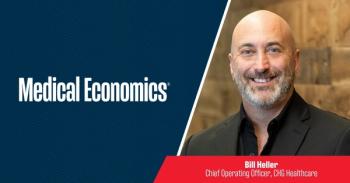
Economic anxiety is real — but connection determines who stays grounded.

A conversation with the leader of the American Association of Colleges of Osteopathic Medicine.

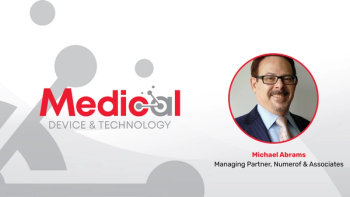
The outlook for medical device manufacturing in 2026

Medical groups say stepped-up operations by federal agents are stoking fear, keeping patients from hospitals and raising safety concerns for clinicians.

A conversation with the leader of the American Association of Colleges of Osteopathic Medicine.
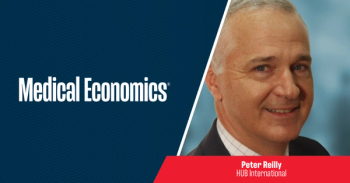
What medical practices need to know about risk in 2026

To keep denial rates within the industry benchmark of 3% or less of revenue, physician practices should evaluate their billing and collection processes to identify whether they are making common mistakes

FTC begins new discussion on noncompete agreements in work contracts across health care and the general economy.

Results from randomized trial show significant, sustained improvements in pain, function and quality of life for patients with chronic intractable neuropathic pain

Is your practice vulnerable to payment processing fraud and chargebacks?

Rihan Javid, D.O., J.D., co-founder and president of Edge, joins the show to discuss how staffing pressures are landing inside medical practices in 2026.

Economic uncertainty matters, but engagement is the real retention lever.
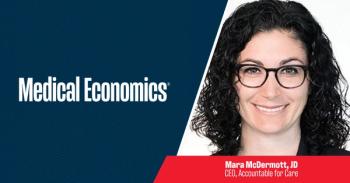
An advocate discusses how ACOs raised red flags about Medicare spending for skin substitute treatments for patient wounds.

The outlook for medical device manufacturing in the coming year

New white paper argues pharmacy benefit managers’ slim margins reflect bookkeeping and consolidation, not necessarily low profits, as oversight push intensifies.

What medical practices need to know about risk in 2026

The Agilent S540MD system expands the company’s digital pathology portfolio, aiming to help clinical laboratories improve efficiency, manage growing workloads and integrate AI-driven workflows.

Every January brings not only a new calendar year, but also an influx of administrative work ushered in by annual benefit resets, renewed prior authorizations, formulary shifts and coverage reverification requirements.

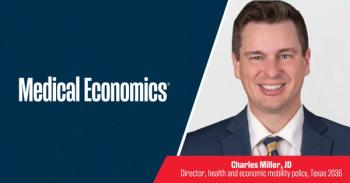
How an organization in the Lone Star State aims to make health insurance affordable while promoting market competition.
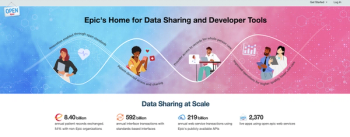
The electronic health records software giant filed its legal response and will seek dismissal of the lawsuit by the Texas Attorney General’s Office.

As new genetic markers come to light, whole genome reanalysis can support doctors by analyzing the raw data on drug effectiveness and potential disease indications.

Token surveys and late-stage consultation undermine trust and lead to worse decisions.

An advocate discusses how ACOs raised red flags about Medicare spending for skin substitute treatments for patient wounds.
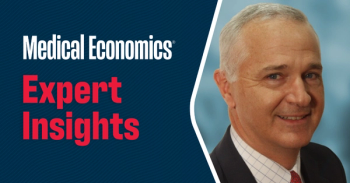
A conversation with Peter Reilly, North American Healthcare Practice Leader, HUB International

How an organization in the Lone Star State aims to make health insurance affordable while promoting market competition.

What medical practices need to know about risk in 2026
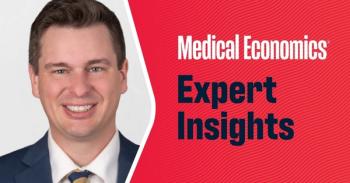
Texas 2036 aims at health insurance needs in a state where residents have struggled with it.